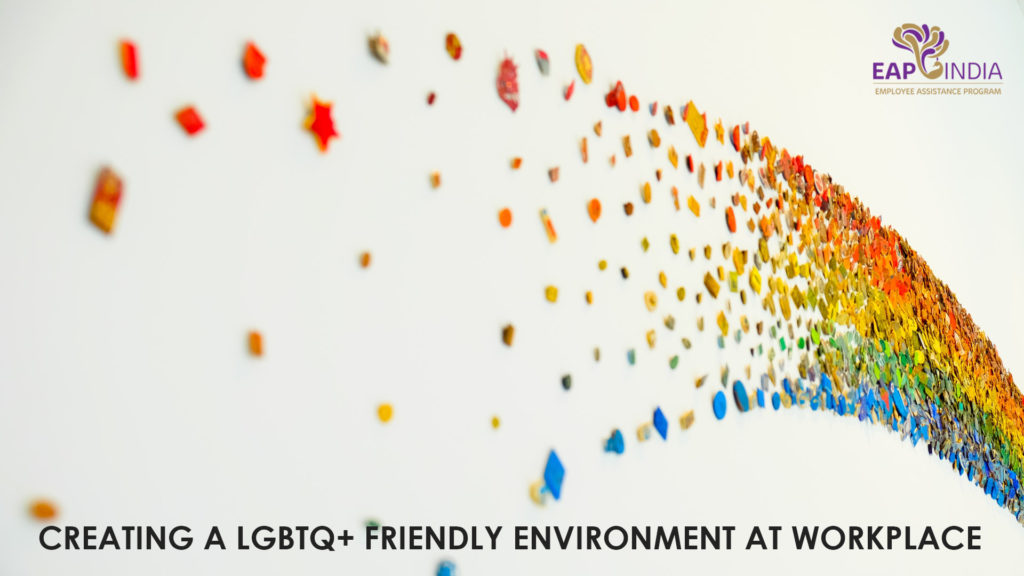When the law was passed which supported the LGBTQ community, there is still a world of difference between decriminalizing and true equality; and corporate culture has a big role to play in bridging this gap.
LGBTQ community in India report experiences of violence, rejection, and discrimination including in employment, education, access to social services and even healthcare.
Public health studies have found evidence of health disparities being linked to stigma and exclusion. Rates of the prevalence of depression, suicidal thinking and HIV among the LGBTQ people are higher than rates for the other population.
LGBTQ employees hope for a workplace culture which is friendly and supportive instead of facing discrimination and being judged for who they are regularly, disrupting their productivity.
Importance Of Workplace Diversity
Eric Dyson states that Diversity does not just include people from different racial, ethnic and religious backgrounds but also the inclusion of the LGBTQ community and creating a supportive atmosphere for them to flourish. When companies are committed to diversity, their employees are 31% more likely to perceive their company as one that responds to the changing needs of their customers and clients. Their customer service is perceived as greater due to their ability to adapt to diverse and changing needs (Deloitte, 2011).
- People from diverse backgrounds instil organizations with creative new ideas and perspectives from their cultural experiences.
- Diversity in the workplace helps organizations understand target demographics.
- There may be increased customer satisfaction by employee interaction with a diverse clientele and public.
Creating A LGBTQ+ Friendly Environment At Workplace
Organizations that want to include formal policies for LGBTQ include must research to understand the concerns and needs of the community.
Following are some strategies which organizations and HR can create LGBTQ friendly work environment:
- Creating Policies: Include guidelines for behavioural practices and workplace etiquette. Workplace policies must also state the respective company’s position with LGBTQ rights.
- Sensitize & Train Other Employees: Some employees might require training and guidance so that the LGBTQ employees are not made to feel uncomfortable in any way.
- Encourage Participation: Encourage leadership teams to speak about the importanceof LGBTQ inclusion in the organization, within the office and outside of the office at official gatherings and conferences.
- Create Employee Resource Groups: For LGBTQ employees within the organization that can help them come together and share experiences, share opportunities, provide mentorship and networking opportunities.
- Provide Benefits & Facilities: To LGBTQ employees just like the other employees are provided. Some of them are: a gender-neutral washroom, health benefits to same-sex partners of employees and appropriate wording in job posts, offer letters and other documents.
Conclusion
In 2015, when the Indian Institute of Management, Ahmedabad surveyed 21 corporate companies to explore inclusivity, it revealed 98% of the companies do not take any initiative to make the workplace LGBTQ inclusive.
Organizations that have institutionalized LGBT friendly policies have seen a positive impact on workplace culture and enabled LGBT employees to bring their whole selves to work. On the other hand, several large multinationals that operate out of India do not replicate their LGBT friendly policies and practices for which they have even been recognized at a global level, and this has a clear negative impact on employee morale.
Fact: Diverse workforces create sustainable organizations.




